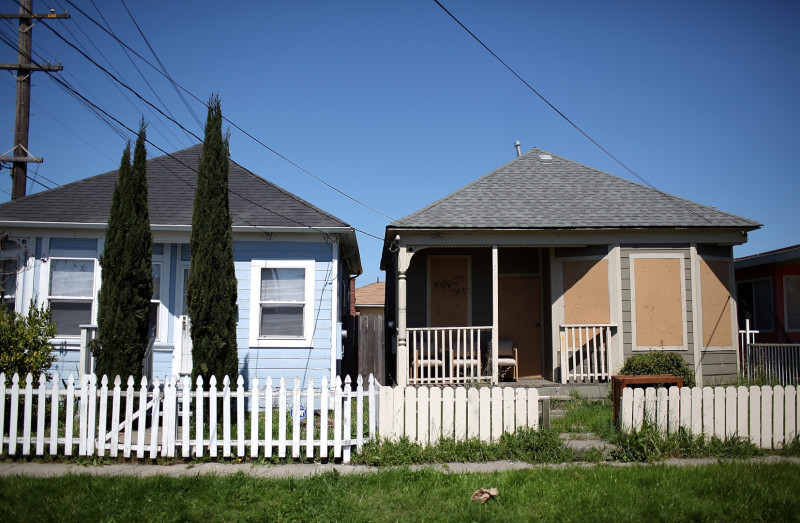San Francisco's foreclosure rate is very low relative to the rest of the nation, and has dropped considerably since the height of the mortgage default crisis. But foreclosure rates in the city's southern and southeastern neighborhoods remain higher than the citywide average, according to a report issued by the San Francisco Controller's Office in February.
On Tuesday, the Board of Supervisors unanimously approved a resolution in support of an innovative strategy for stabilizing neighborhoods where homeowners face a higher risk of foreclosure. Typically, pools of delinquent mortgages are sold off to private equity firms and hedge funds.
The resolution calls for joining with other cities to encourage owners of at-risk mortgages, such as Fannie Mae and Freddie Mac, to sell off the distressed mortgages to nonprofits and community development financial institutions (CDFIs) instead.
These national organizations, such as National Community Capital and Hogar Hispano, aim to acquire the at-risk mortgages for the purpose of preventing foreclosure and stabilizing low-income neighborhoods.
“When mortgages are in trouble ... the speculators swoop in,” said Amy Schur, campaign director at the Alliance of Californians for Community Empowerment, who worked with Supervisor John Avalos to draft the San Francisco resolution. "We need to get these troubled mortgages into the hands of of what we call 'good actors,' ” she added.

